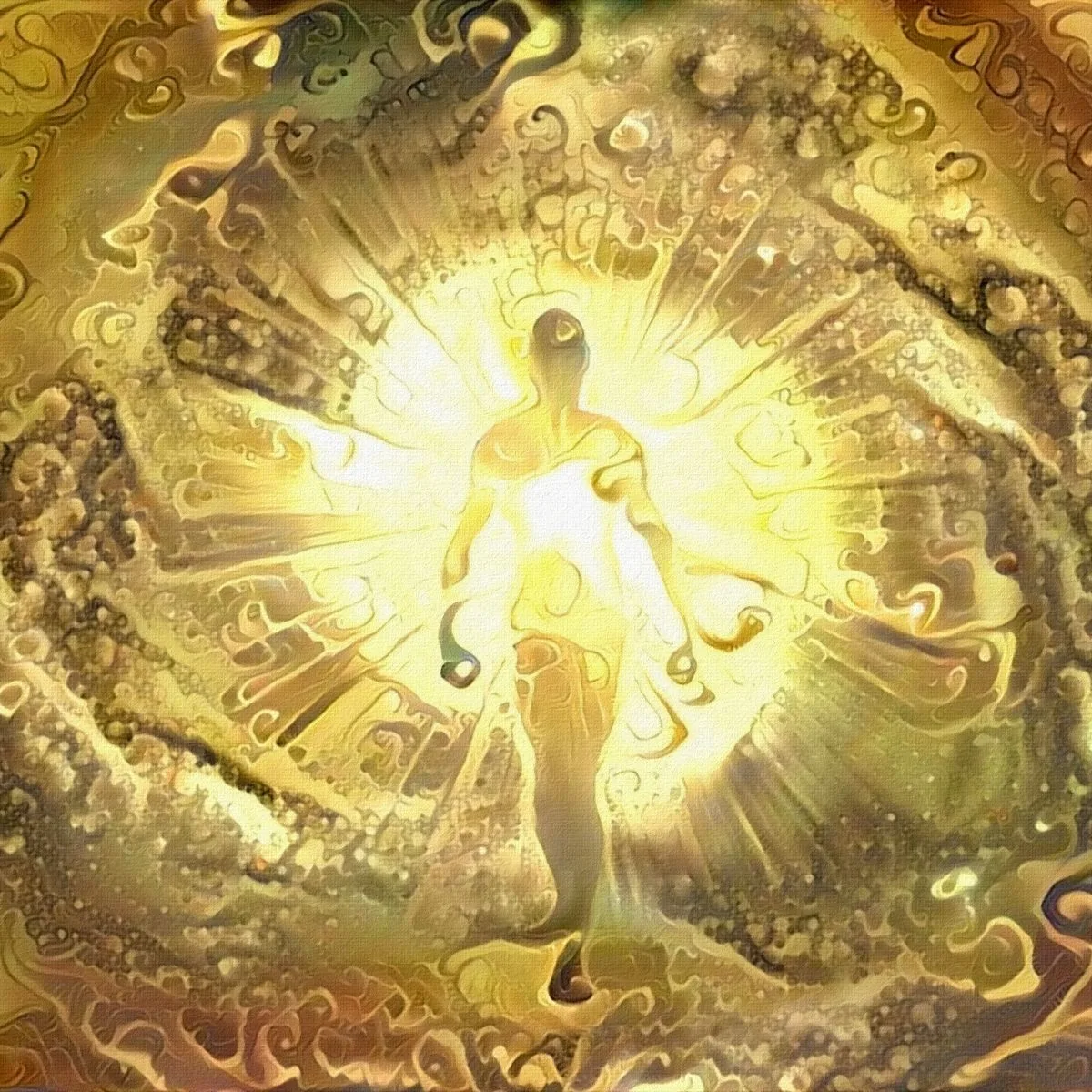What Is The Meaning Of Oneironaut?
Oneironautics refers to the capacity to travel within a dream, usually on a conscious basis.
A traveler in a dream can be called a oneironaut.
The idea of one person being able to consciously travel or interact within the dream of a different individual, known variously as “dream telepathy,” “telepathic lucid dreaming,” or “telepathic dreaming,” has been investigated in the fields of science and fantasy fiction.
In recent works, such an interaction is frequently depicted as a computer-mediated psychotherapeutic action, as is the case in the movies The Cell, and Paprika, as well as through the direct intervention of a different sleeping person, as in Inception, Dreamscape and Waking Life.
The concept is also incorporated in the fantasy series The Wheel of Time as a skill “dreamwalkers” are able to use.
Envision being able to fly.
Walk through walls.
Shapeshift.
Breathe underwater.
Conjure loved ones – or total strangers – out of thin air.
Contemplate about experiencing your nighttime dreams with the same awareness you possess right now – fully functioning memory, imagination, and self-awareness.
Imagine being able to use this power to be more inventive, solve problems, and identify a deep sense of well-being.
This is lucid dreaming, or the ability to know you are dreaming while you are in a dream, and then consciously explore and change the components of the dream.
Greek philosopher Aristotle observed: “generally when one is asleep, there is something in consciousness which declares that what then presents itself is but a dream.”
One of the earliest references to personal experiences with lucid dreaming was by Marquis d’Hervey de Saint Denys, in his book – Les Reves et Les Moyens de Les Diriger: Observations Pratiques.
This French publication, originally published anonymously, translates as ”Dreams and the ways to direct them: practical observation.”
It accounts for Saint-Denys’ own experiences, although made also a comprehensive study of the phenomenon of lucid dreaming.
A trope in such works of fiction examines the implications if the sleeping protagonist should enter the sleeping brain of another, as opposed to allowing another individual to enter one’s own brain; the entering of another individual’s brain often results in unpleasant surprises, depending upon the mental state of the host or the preparedness of the guest.
Roger Zelazny’s 1966 sci-fi novella The Dream Master, which applies computer-mediated dream telepathy in a psychotherapeutic setting, spotlights on the protagonist’s growing struggle to keep his balance as he enters the brain of a fellow psychotherapist who is blind and subconsciously, destructively hungers for the visual stimuli upon which dreams predominantly depends.
